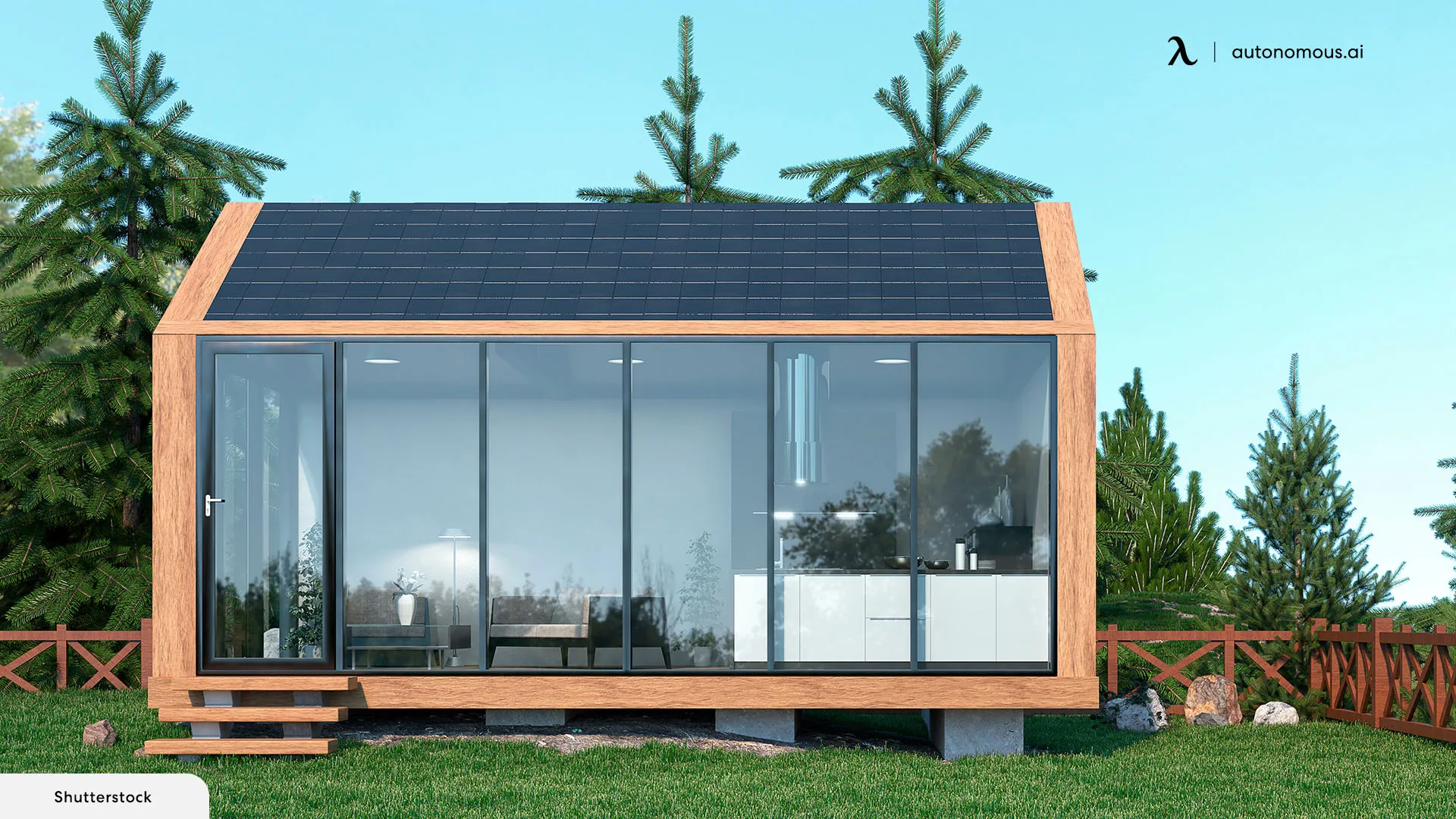
Exploring Tiny Homes vs. ADUs in Jacksonville, FL
Table of Contents
As per the latest ADU in Jacksonville FL legislation passed, the expansion and building of ADU have been increased further. This is to raise the building, living, and renting opportunities provided by ADUs in one of the most low-density dingle housing areas where the population is ever increasing. The easement into Florida modular homes and their laws is aimed to provide more options to create sustainable living options. Though these changes in Florida ADU Laws have opened up a lot of avenues, they have also clarified the common misconception between a prefab ADU and a tiny home.
Simply put, an ADU is different from a tiny house, as a tiny house is around 450 to 500 square feet and is not part of the existing home or not an extension to it, but it stands as an alone structure on the property. But how exactly does an ADU differ from a tiny home in Jacksonville, and what are the tiny homes Jacksonville Florida rules and laws you must know? This article contains all the information you need.
ADU Laws Jacksonville
Homeowners planning to build an ADU often think that ADU laws are a mere hindrance and cause of trouble in their accessory dwelling unit Florida plans, but the truth couldn’t be farther from that. The purpose of ADU laws is to combine safety regulations in a way that the government doesn't reject your structure in the future. In short, these laws save you from the predicament of a property built, or money spent, which is good for nothing. The same is the case with the Florida manufactured home laws and regulations.
According to the rezoning law, accessory dwelling units (ADUs) must be positioned behind the main home and maintain a "visual relationship" with it through the use of comparable porches, roof forms, paint colors, and other exterior features. The principal homeowner must occupy the property.
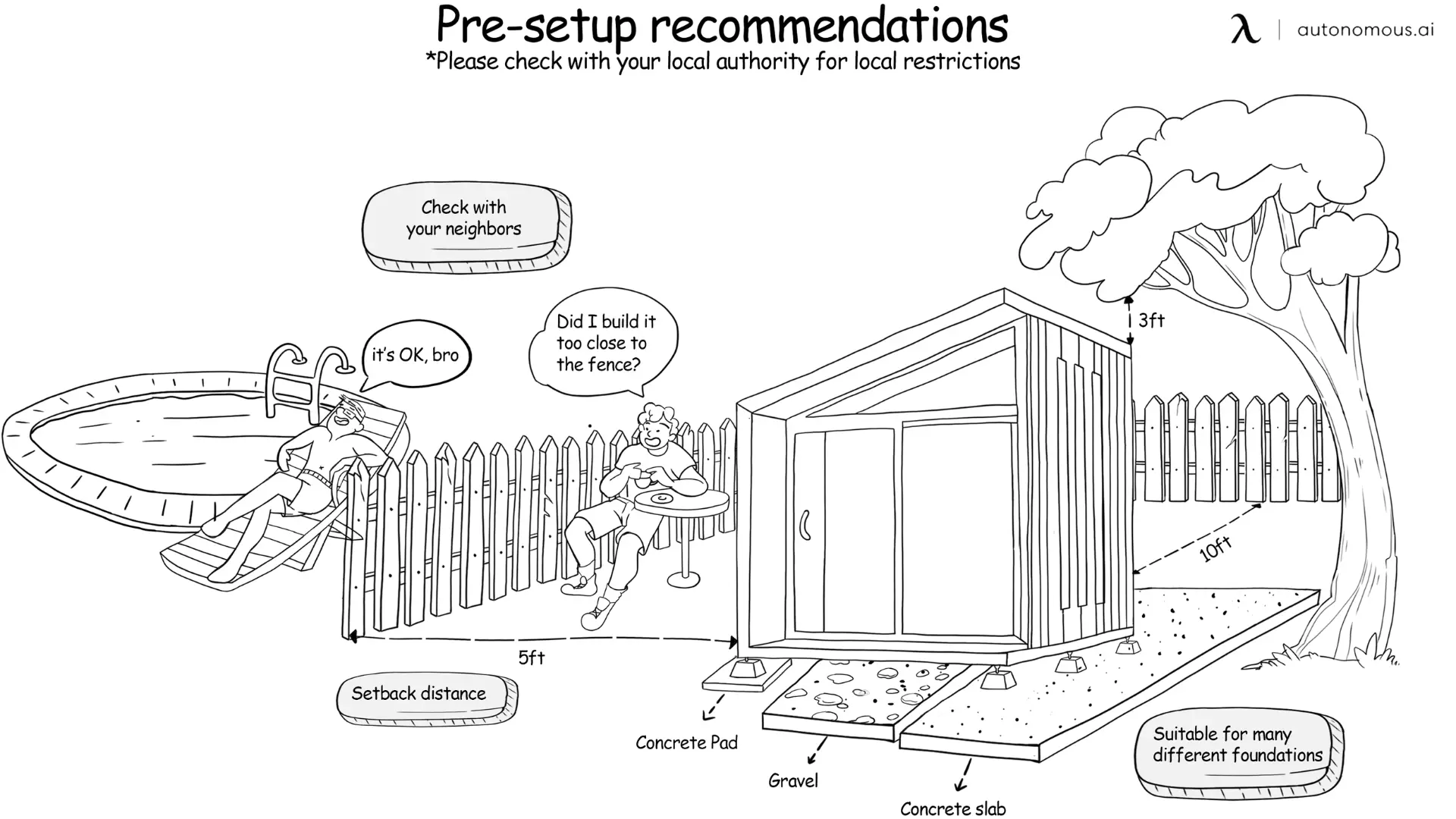
The framework of the secondary property must:
- Not rise higher than the main home.
- Have a building footprint of no more than 750 square feet, or 25% of the gross floor area of the lot's main structure, whichever is smaller.
ADUs, sometimes known as carriage houses, grandma suites, or in-law apartments, are independent dwelling units that can be connected to or separated from a primary residence on a single-family site.
As for prefab homes in Jacksonville FL, the purpose of an ADU can be various fold. ADUs are intended to boost the supply of affordable housing and increase rental stock in single-family areas. Secondly, they can be utilized to provide a homeowner's parents, their young adult children, or other family members with a separate living area. Rental revenue is another application for ADUs, which is a wonderful way to generate some passive income.
ADU vs. Tiny Homes in Florida
Often used interchangeably, these two terms are easily confused for the same meaning. But the truth is, an ADU differs from a tiny home in many ways. The zoning laws released by Jacksonville, Florida, have paid special emphasis on how an ADU differs from laws and tiny home builders in Jacksonville FL, so no homeowner gets confused between the two or spends money on one with the intention of the other. Below are some common differentiating factors between ADU and tiny homes.
1. Size
ADU meaning is mainly defined differently from a tiny home on the basis of the size of the property. ADUs are much larger than tiny homes, hence the reason they are deemed suitable for living purposes. For Florida manufactured homes, an ADU is around 800 to 1200 square feet, whereas a tiny house will measure between 400-500 square feet in the backyard space.
2. Mobility
ADUs are stationary buildings. The house is constructed on top of a foundation that has been poured. In the other case, you may set up a tiny house on wheels or permanently on a foundation. These movable tiny house hybrids eliminate the requirement for owners to settle on a particular piece of property by being attached to automobiles and transported.
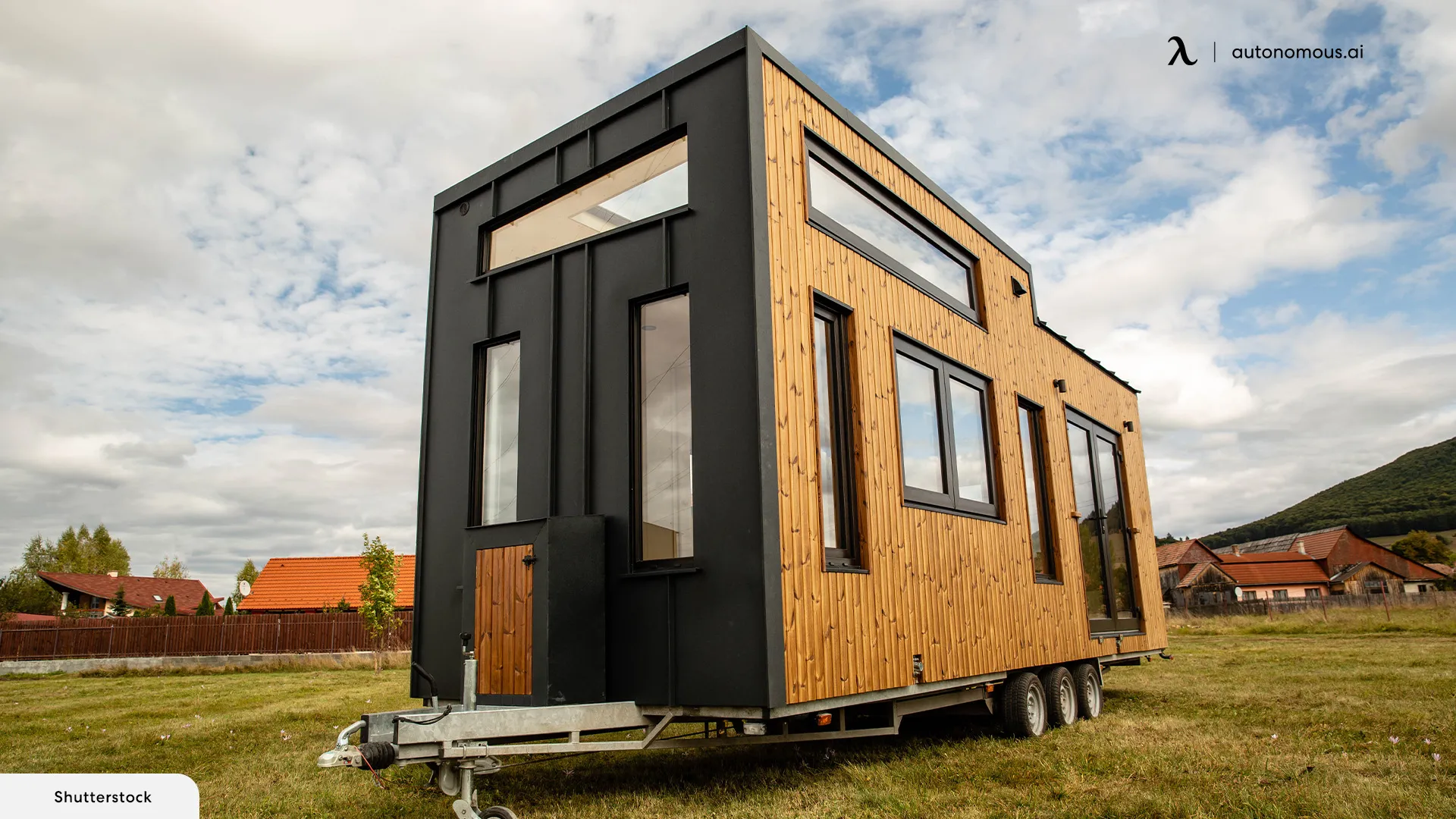
3. Construction and Use
The intended location for ADUs is on properties that currently have single-family residences constructed on them. They turn an existing structure on the site, use unused backyard space, or expand the main house's square area. On any piece of property designated for residential use, tiny houses may be constructed; however, they cannot be erected on lots where a residential residence currently stands.
4. Laws and Regulation
Another difference between an ADU and a tiny home is the differing laws. Both ADUs and tiny homes pass the legal criteria in Jacksonville, but the differences in laws are set based on the end use. For ADUs, the laws are more defined and strict and contain more pointers. They also contain information about ADU appliances and ADU facilities in case you intend to use the ADU for personal residence or rental purposes.
For a tiny home, the main laws are set on the size and whether or not your tiny home is portable. Tiny homes on wheels are set differently in terms of rules or laws as compared to a tiny home, which is stationary or fixed on the property.
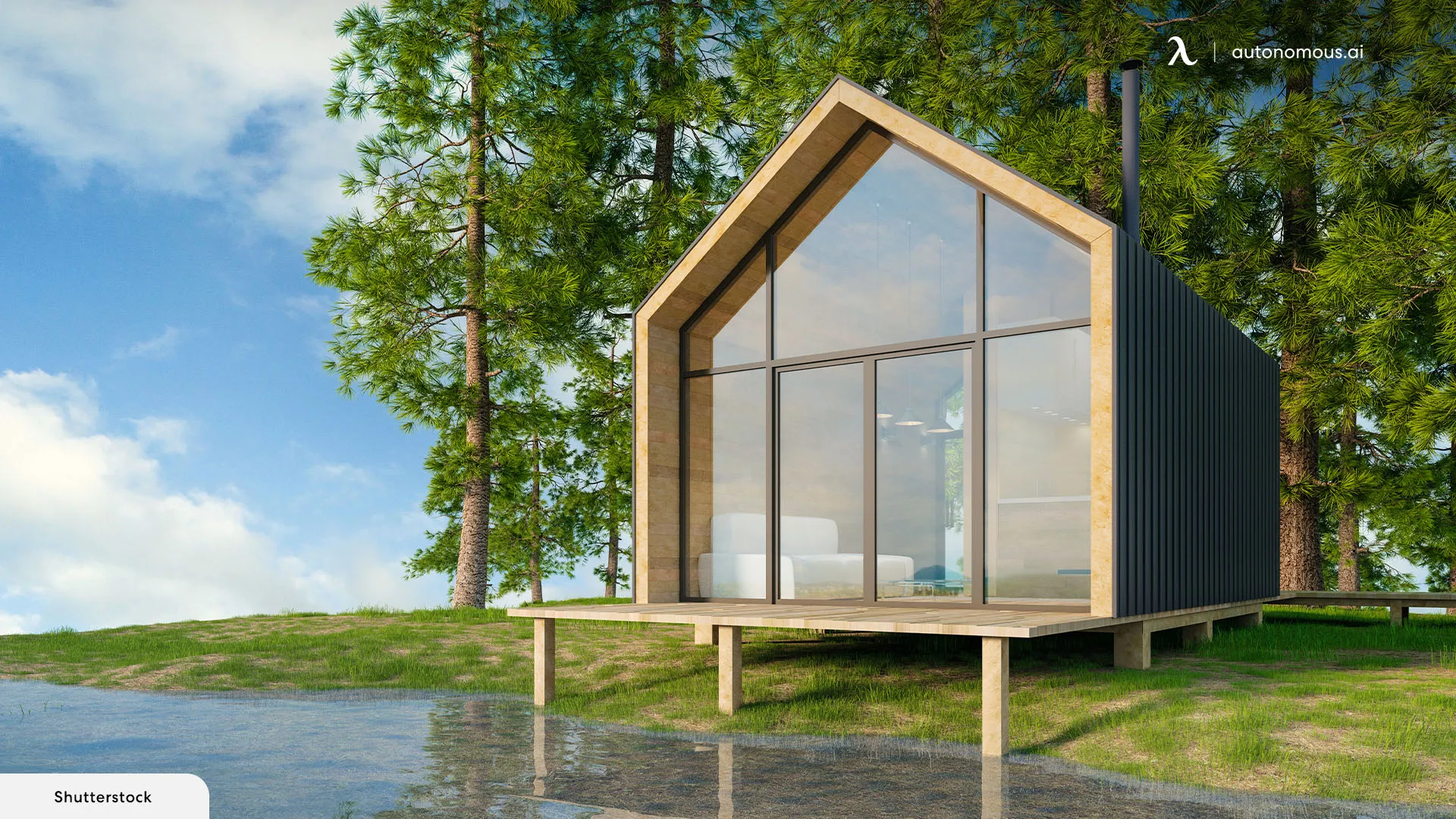
Pros and Cons of Tiny Homes
Understanding the differences between tiny homes and ADUs is one thing, but knowing the pros and cons of these homes is what will help you decide between the two.
Pros of Tiny Homes
- Easier to build
- Cheaper
- Portable
- Serve as fantastic short-term cheap rentals
- Helpful if you plan to relocate
- It can be made with a minimalist design and laws
Cons of Tiny Homes
- Legal challenges for long-term rental or residential use
- Classified as RV rather than residential properties
- For a permanent tiny home, obtaining a permit is hard.
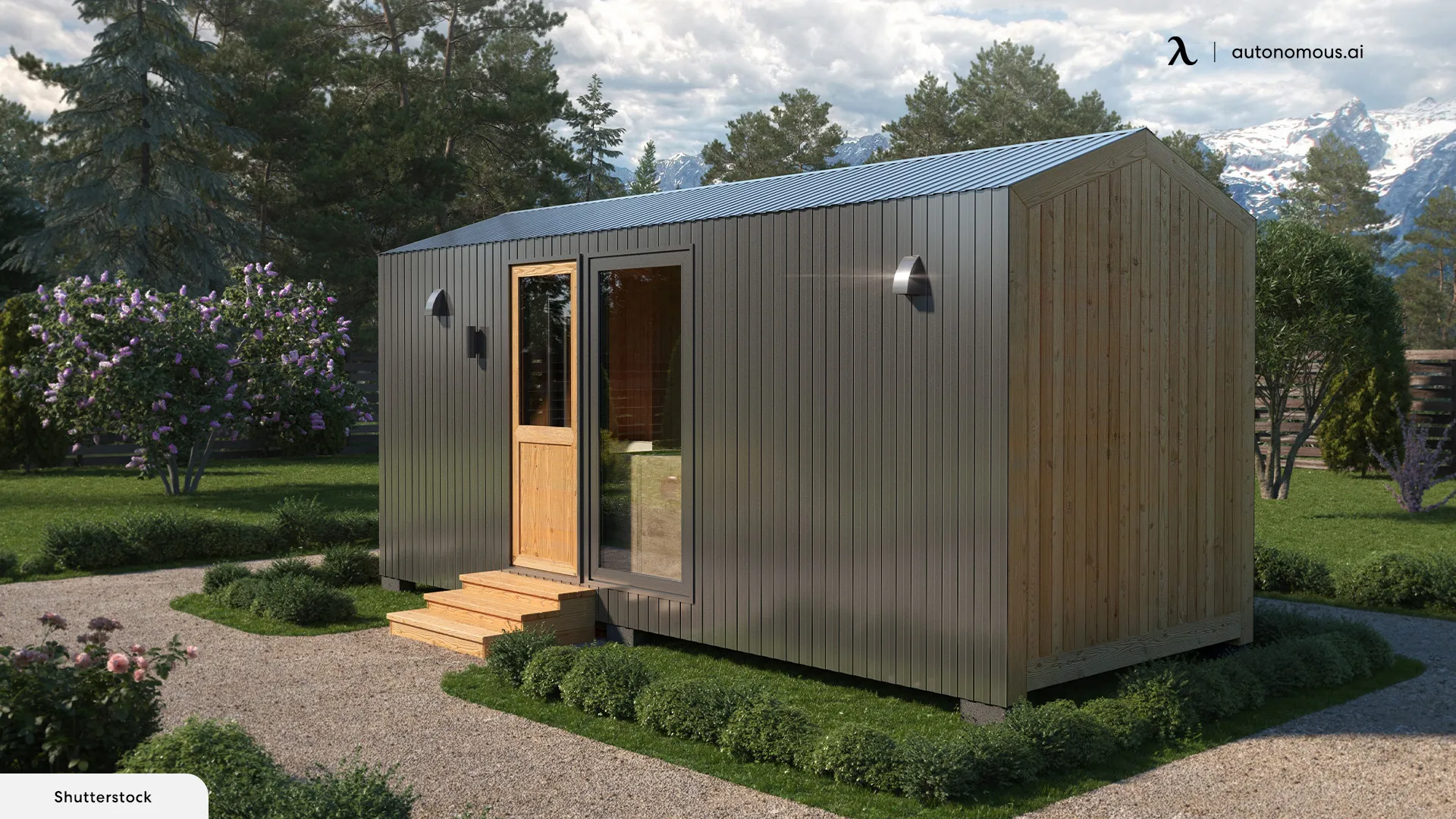
Pros and Cons of ADUs
Pros of ADU Homes
- Customizable to needs and requirements
- Swiftly increase property value
- Permanent structures for long-term use
- It can be built in a variety of sizes and types
Cons of ADU Homes
- Very expensive
- Need to comply with several laws and regulations
- For rental purposes, privacy might be compromised
- Not allowed in every neighborhood
Intended lifestyle and budget are two factors that determine whether you will build a proper functional hurricane-proof house in Florida, known as ADU, or a tiny home on wheels used for moderate needs.
Frequently Asked Questions
1. Are ADUs allowed in Florida?
There are no restrictions as to whether or not you can have an ADU on your property in Florida. However, to build an ADU, you need to comply with certain laws and regulations.
2. How much does it cost to build an ADU in Florida?
An ADU costs anywhere from $20K and above. However, The cost of ADU varies on several factors such as size, design, and ADU facilities.
3. How close to the property line can I build an ADU?
Each area has a minimum setback for ADU, which needs to be followed in order to get your ADU structure approved. In normal cases, the minimum ADU setback is 4 feet or so from the main property.
Spread the word
.svg)


.webp)
.webp)




